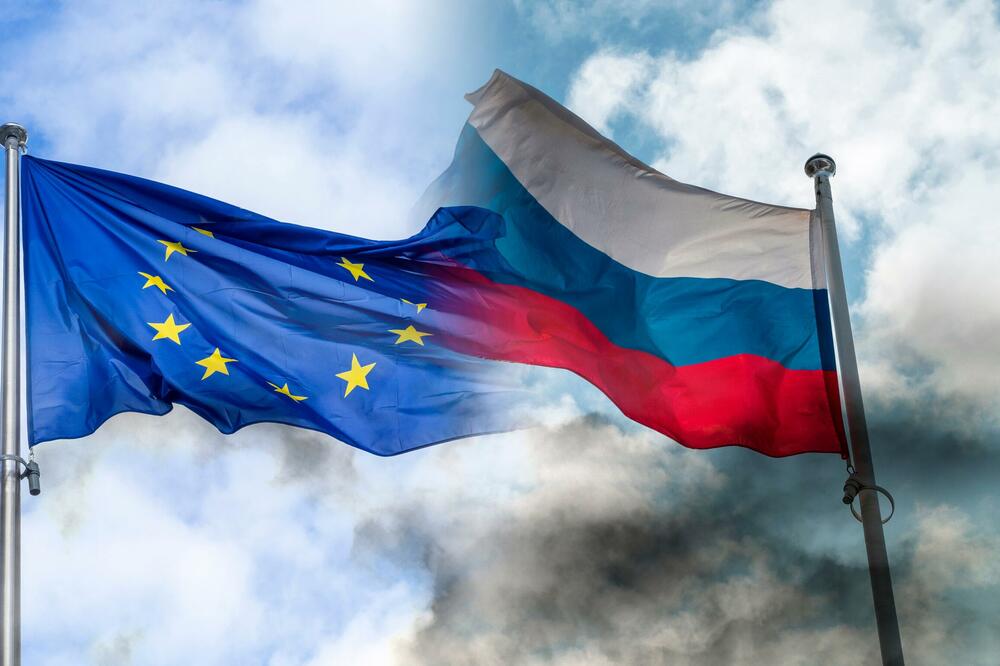A Russian-backed "propaganda" network has been busted for spreading anti-Ukrainian stories and paying unnamed European politicians, authorities in several countries say, the BBC reports.
Investigators claim that she used the popular Voice of Europe website as a means of paying politicians, according to the BBC, as reported by N1.
The Czech Republic and Poland said the network was aimed at influencing European politics.
Voice of Europe did not respond to the BBC's request for comment.
Czech media, citing intelligence sources, reported that politicians from Germany, France, Poland, Belgium, the Netherlands and Hungary were paid by Voice of Europe with the aim of influencing the upcoming elections for the European Parliament.
The German newspaper Der Spiegel reports that the money was handed over either in cash at secret meetings in Prague or through cryptocurrency exchanges.
The Czech Republic claims that pro-Russian Ukrainian oligarch Viktor Medvedchuk is behind the network.
Medvedchuk was arrested in Ukraine shortly after the start of the Russian invasion, but was later transferred to Russia with about 50 prisoners of war in exchange for 215 Ukrainians.
Czech authorities also flagged Artjom Marchevski, alleging that he managed the site's day-to-day operations. Both were sanctioned by the Czech authorities.
Poland's intelligence agency said it conducted investigations in the Warsaw and Pacific regions and seized 48.500 euros and $36.000.
"Money from Moscow was used to pay some political actors who spread Russian propaganda," BIS said in a statement.
It is added that the sums amounted to "millions" of Czech crowns.
The alleged propaganda network "aimed at activities against the territorial integrity, sovereignty and independence of Ukraine," the BIS said.
The BIS did not name the politicians allegedly involved. However, Belgian Prime Minister Alexander De Croo stated that members of the European Parliament are also involved.
"For example, it turned out that Russia approached MEPs, but also paid (them) to promote Russian propaganda here," De Kru told Belgian MPs.
The Voice of Europe website was offline on Thursday. An archived version of its homepage showed several articles highlighting internal divisions in European countries and expressing skepticism about support for Ukraine.
These include: "Protest in Prague: People's Voice Against Corruption, Military Support for Ukraine and Government", and "Ukraine's Army Faces Growing Shortage of Troops Amid Ongoing Challenges".
Voice of Europe had more than 180.000 followers on Twitter/X. The publication did not immediately respond to a request for comment.
Bonus video:




